The U.S. Supreme Court has sided with President Joe Biden’s administration in a case involving Oklahoma and reproductive health care.
This latest decision comes as the federal government has clashed with state governments who have banned or heavily restricted abortion after Roe v. Wade’s overturning.
Supreme Court Sides With Biden
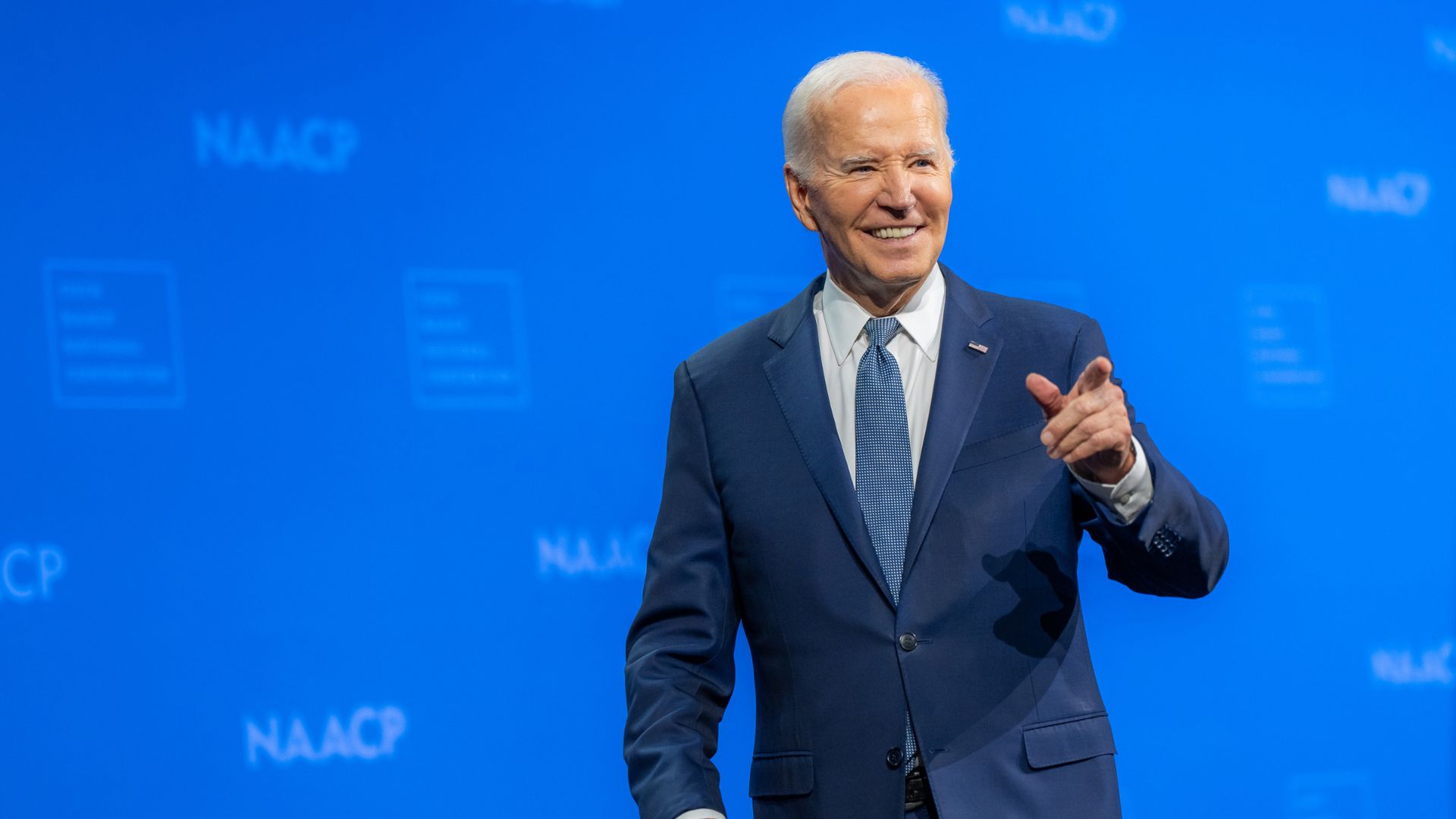
The Supreme Court has ruled that Oklahoma cannot receive federal money for reproductive health care if they do not provide abortion referrals to Oklahomans who request this information.
Oklahoma was attempting to get this federal funding without providing these referrals for abortion information.
A Federal Requirement
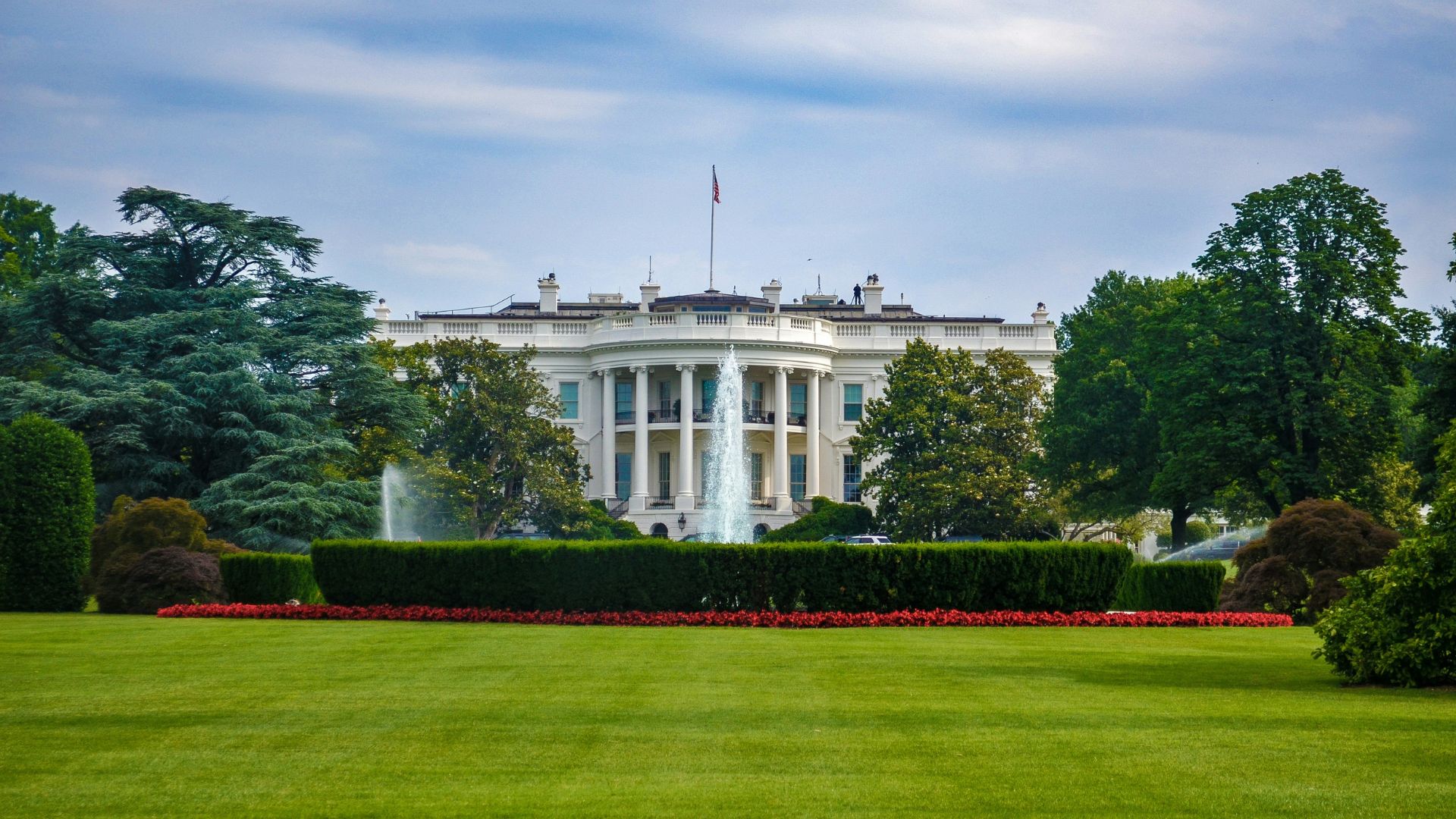
According to federal laws and requirements, pregnant women in the country must have the opportunity to receive access to information about all of their options.
This includes abortion. In order to receive federal funding for reproductive health care, such as preventive care and family planning, states must follow these federal requirements.
Oklahoma Fights Against Federal Rules
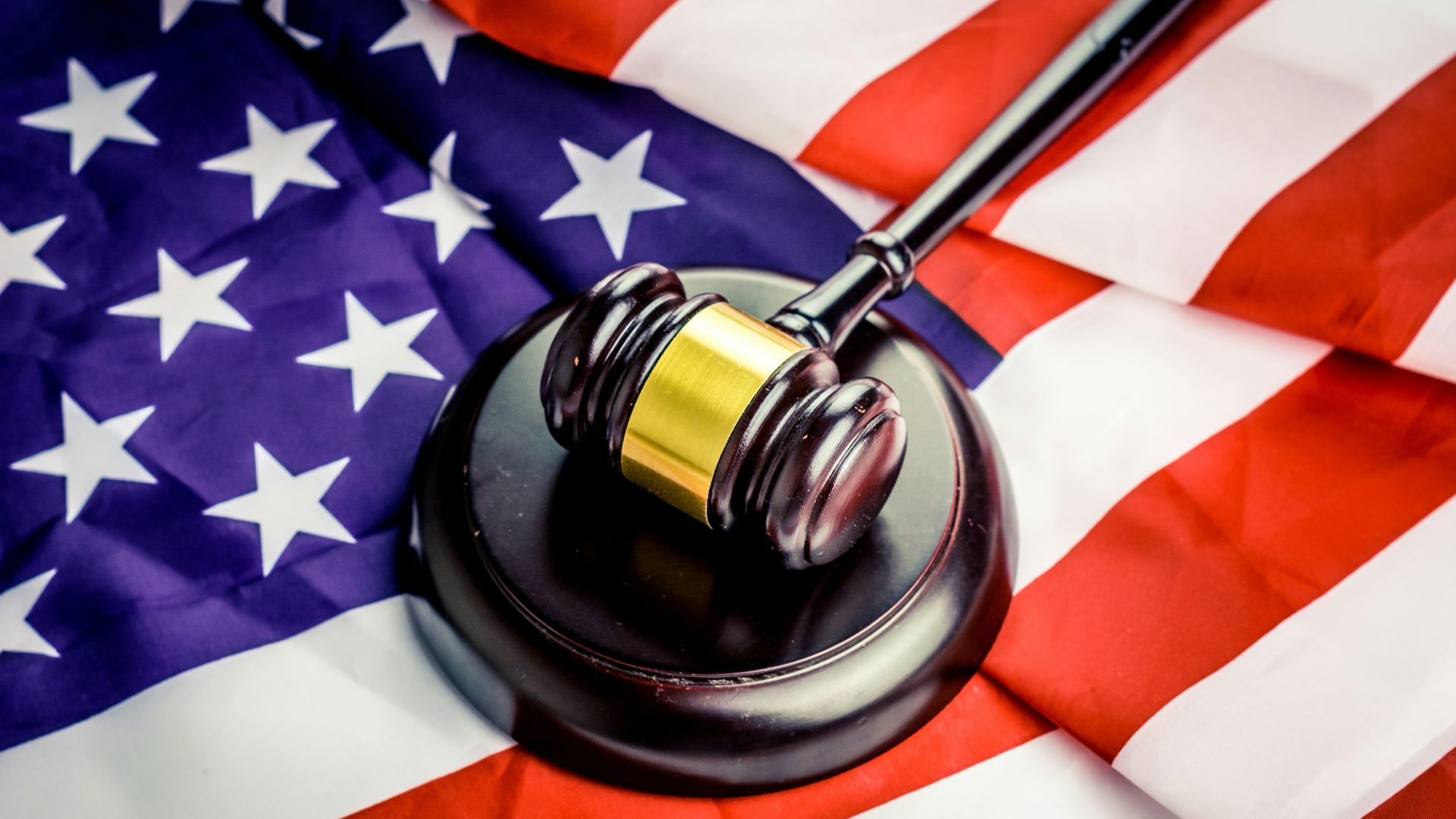
This case made it all the way to the Supreme Court because Oklahoma was trying to receive this federal funding — but without providing these abortion options to pregnant women in their state.
Oklahoma argued that it should still receive this federal money, especially while an ongoing suit with the Department of Health and Human Services is ongoing. The Supreme Court ruled against Oklahoma and instead sided with Biden and the federal government.
An Emergency Request
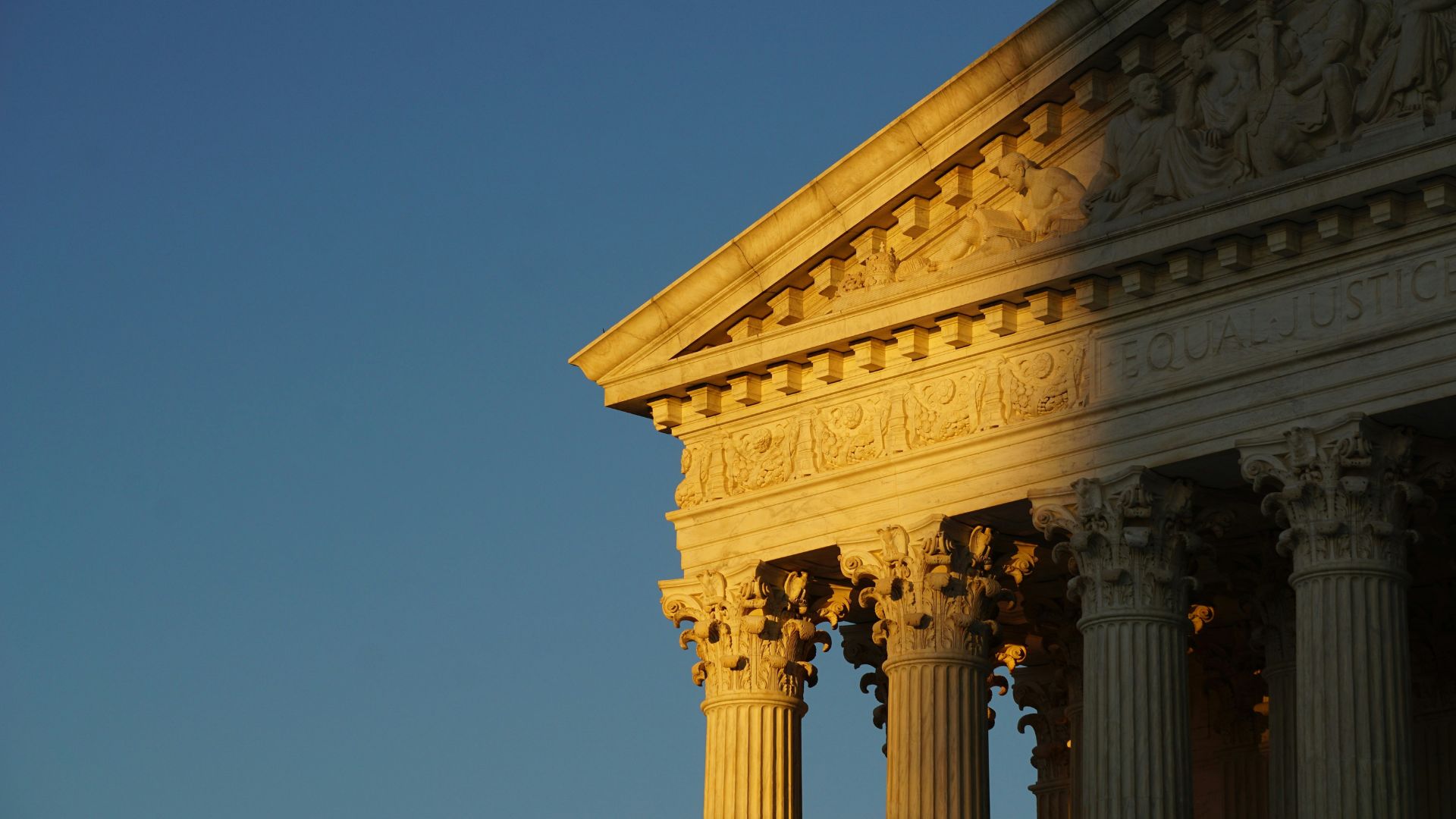
The state told the Supreme Court that this emergency request should be granted to help all Oklahomans.
Oklahoma’s lawyers said, “Depriving those communities of Title X services would be devastating. In many instances, particularly in rural Oklahoma, the county health department is one of the only access points for critical preventative services for tens or even hundreds of miles.”
Violating State Bans?

Oklahoma also argued that the federal government’s requirement to provide information for abortions violates the state’s abortion ban.
Oklahoma law bans anyone from even helping a pregnant woman get an abortion.
The Government’s Response

The federal Department of Health and Human Services responded to this argument by pointing out that health care providers who receive Title X grants don’t need to tell patients to get abortions, or how they can get one.
Instead, they simply have to provide a national hotline number that the patient can call to get information about abortion, as well as other necessary services.
Denying Oklahoma’s Request
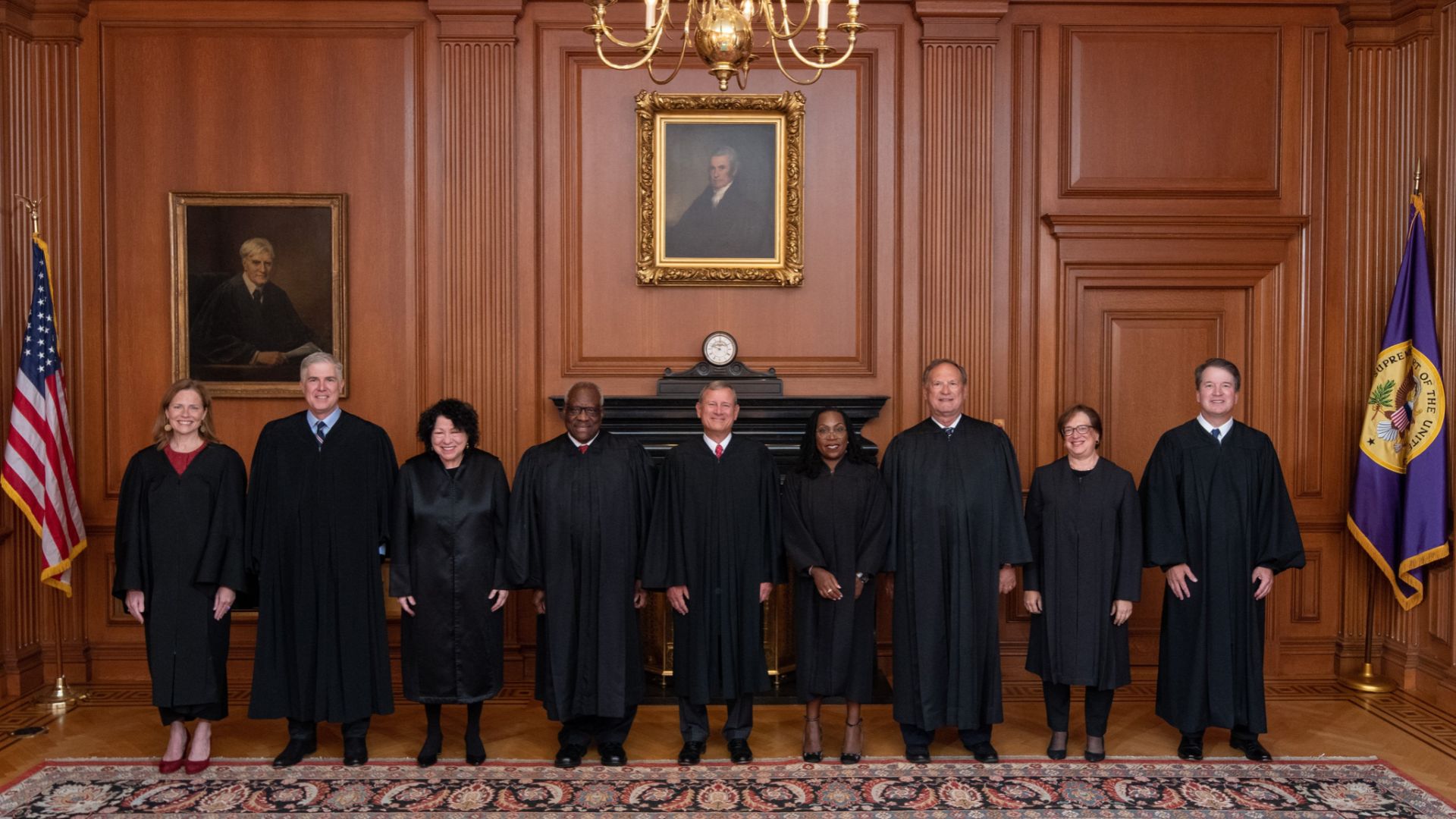
While the Supreme Court officially denied Oklahoma’s request to receive this emergency funding, the court was split on the issue.
Three conservative justices — Samuel Alito, Clarence Thomas, and Neil Gorsuch — explained that they would’ve granted Oklahoma this request.
All Courts Have Sided With Biden
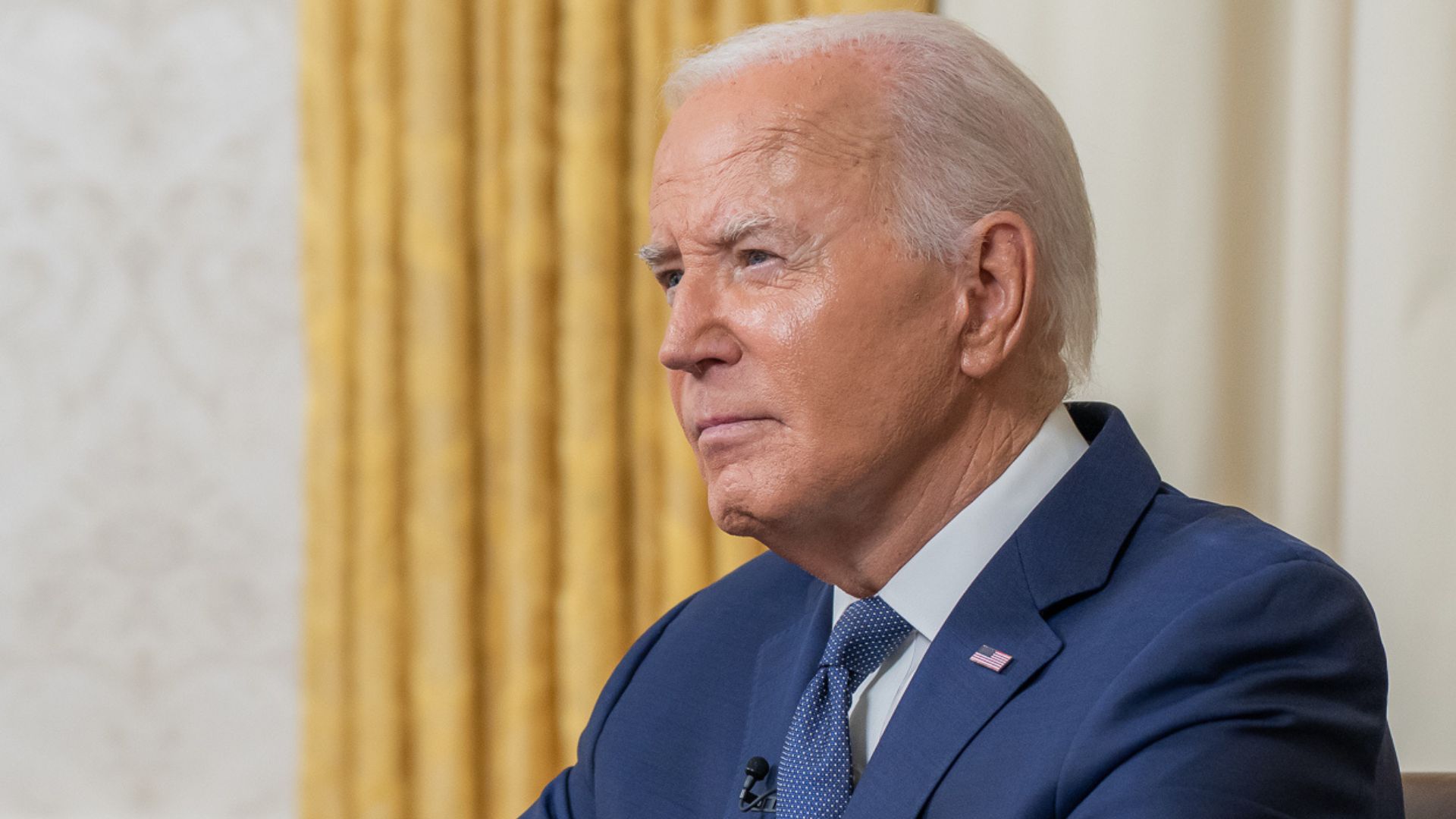
This case has gone through lower courts — and all have sided with Biden and the federal government.
A federal judge in Oklahoma even stated that they were skeptical that a hotline number provided to patients “could translate into a violation of Oklahoma law.” Now, the Supreme Court has sided with Biden on appeal.
Other States Face Similar Losses in Court

Many other states have also faced similar losses in lower courts when attempting to receive federal money for reproductive health care — yet without providing abortion information.
Tennessee has also recently lost Title X funding because of this same requirement.
The Federal Government vs State Governments
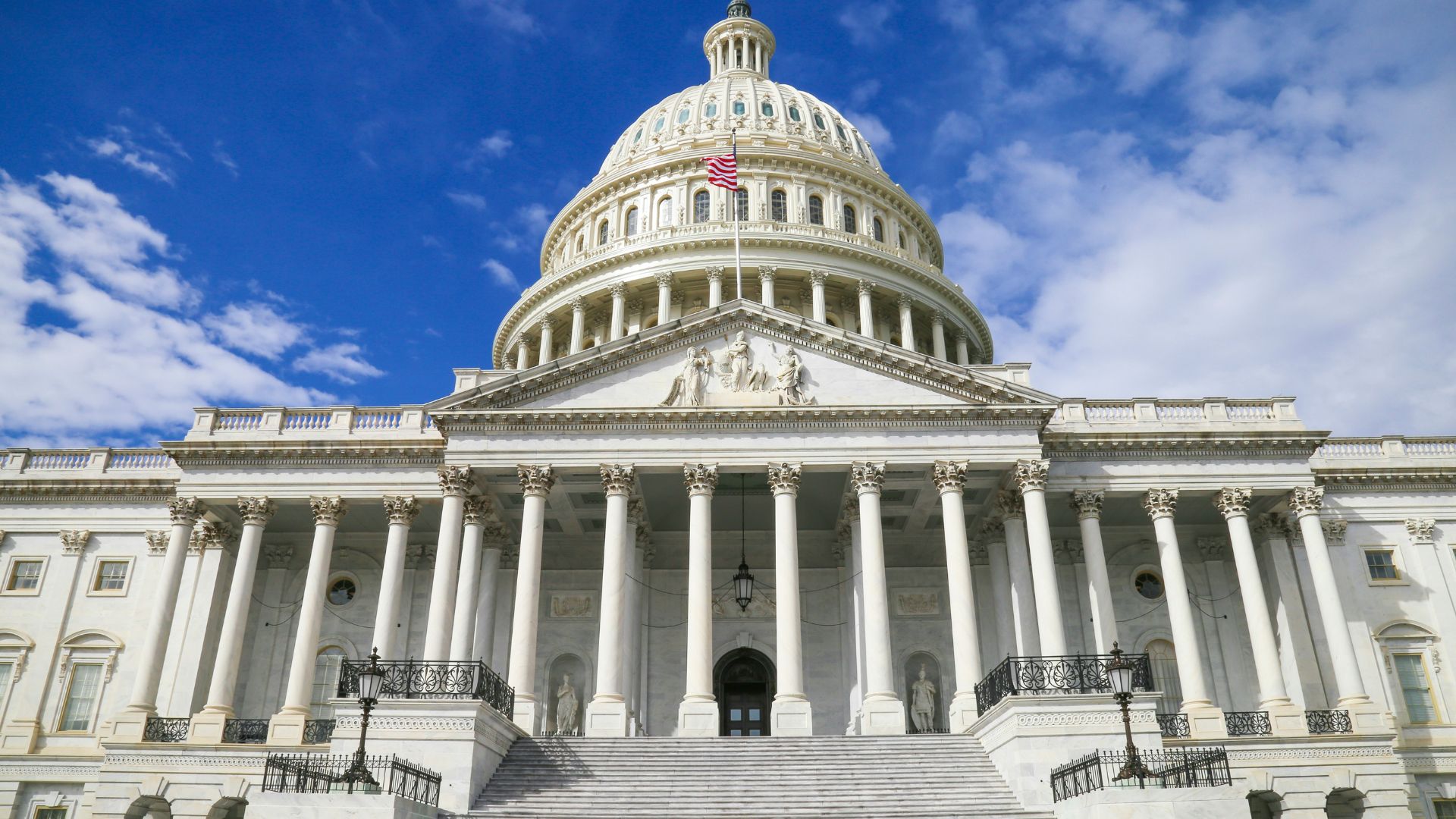
This latest Supreme Court decision comes as the federal government continues to fight state governments in various ways, all because of bans on abortion.
These legal cases have all stemmed from strict abortion bans that states have implemented since the Supreme Court overturned Roe v. Wade.
Other Abortion Court Cases
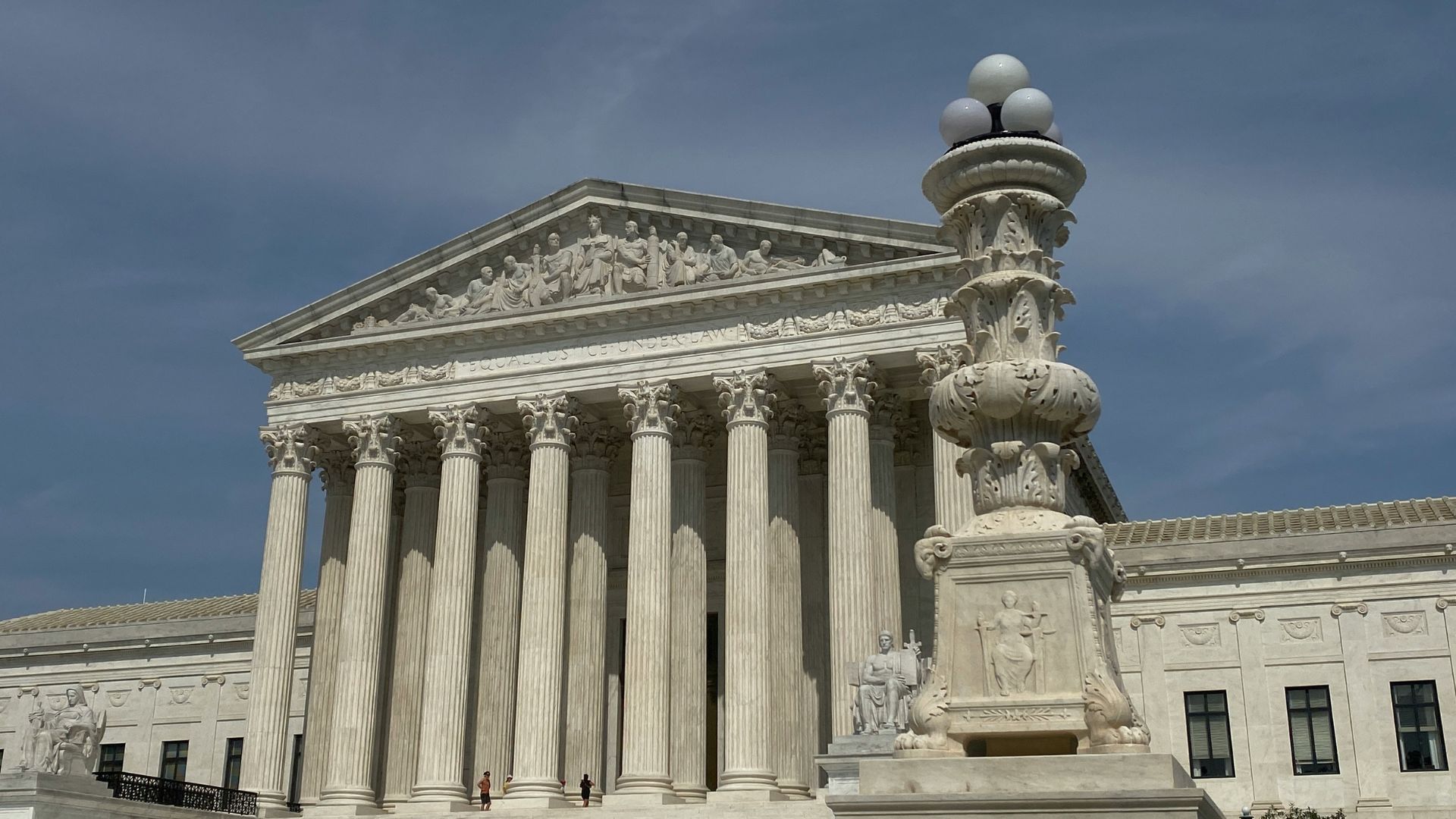
The Biden administration is also fighting over federal requirements that order hospitals to provide emergency abortions when necessary.
Meanwhile, the federal government is also trying to stop Alabama from being allowed to criminally prosecute a person who helps another get an out-of-state abortion.
